Difficulty making friends

Image source: reddit.com
Children displaying narcissistic traits will struggle with all of their relationships, but friendships the most. It is common for children to cycle through friends until they find lasting friendship but some children find this difficult and never really settle in to any friendships.
Difficulty keeping friends
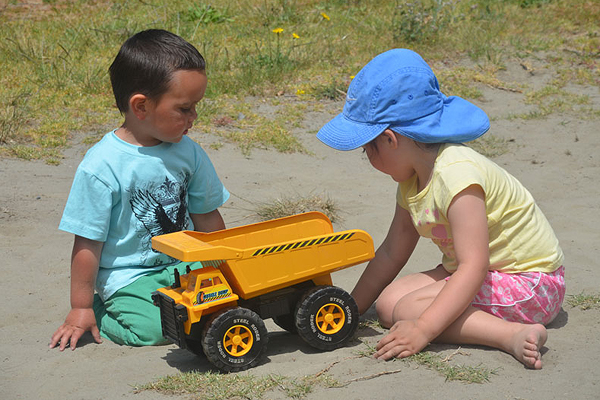
Image source: stuff.co.nz
Children who struggle to make friends will most likely struggle to maintain friendships too. Children with narcissistic traits struggle with empathy or to take any responsibility of their actions. They can have a strong sense of envy which make friendships difficult due to extreme jealousy and lack of ability to share.
Put other children down
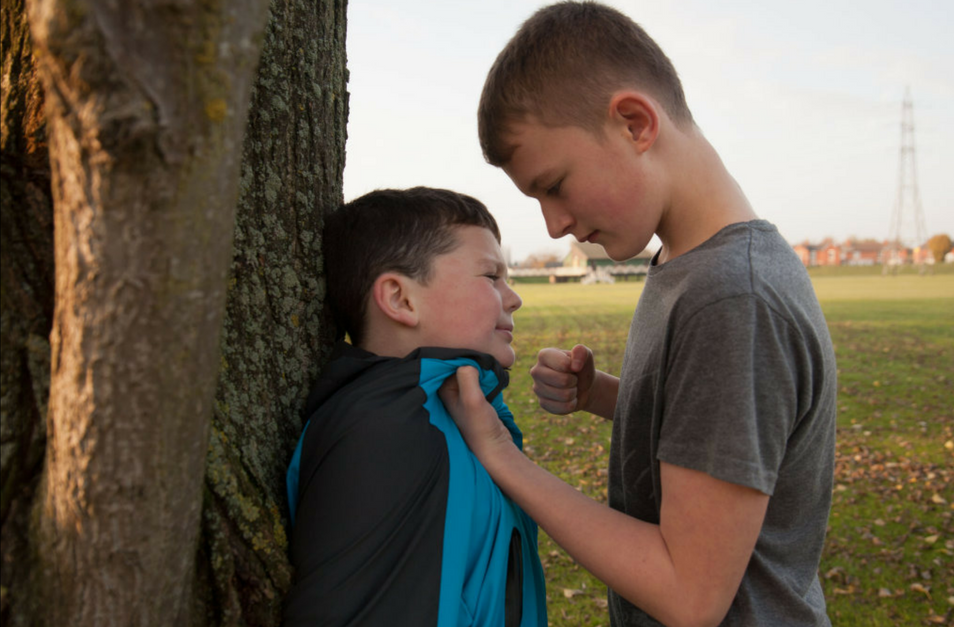
Image source: newsely.com
Narcissistic children don't understand why being overly critical of others is a bad thing. They can be verbally mean to other children and openly mean about other children when talking to adults. They often don't like hearing adults talk about their peers positively as they view it as unfair.
Blame parents
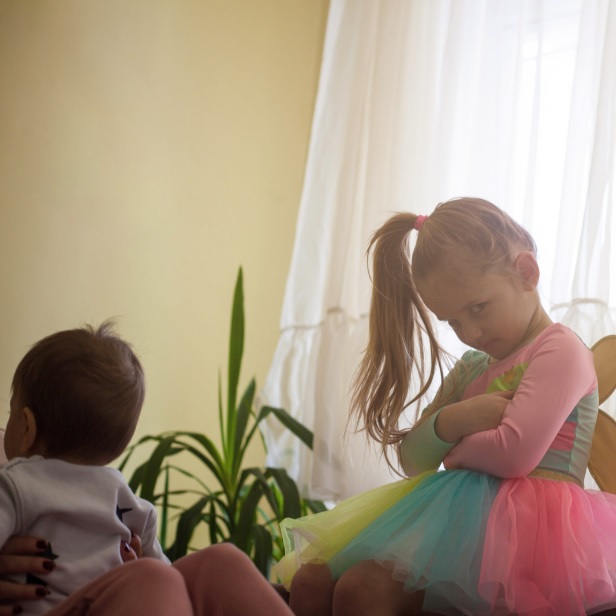
Image source: famous parenting.com
Narcissistic children will often blame adults and and other adult figures in their life for their wrongdoing. They often believe adults are untrustworthy and incompetent and therefore the adults are the reason that things go wrong in the child's life. This can be displayed in disrespectful behaviour towards the adults regardless of being in public or behind closed doors.
Play shows worrying signals
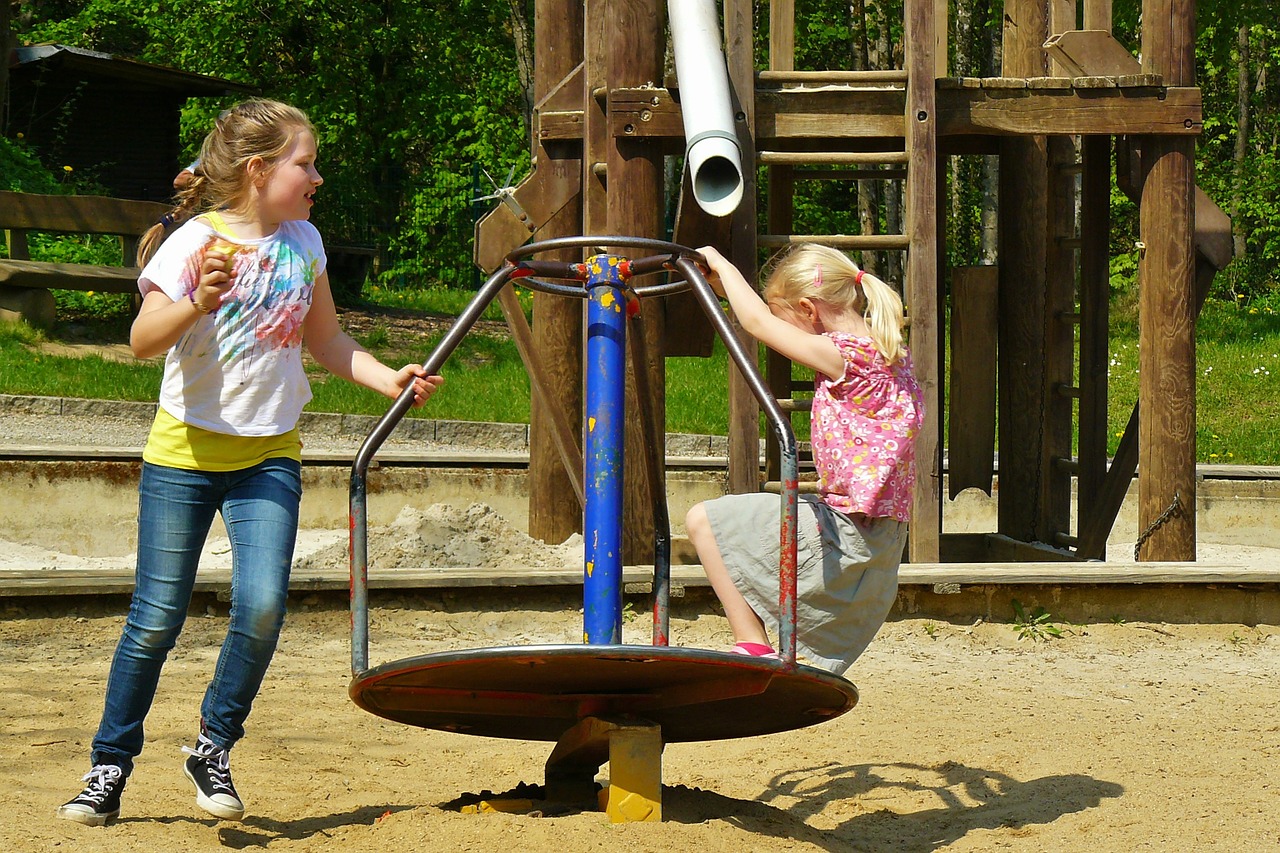
Image source: washington.edu
Play is a beautiful thing to watch as it is a natural part of child development and allows children to express their personality. Children with narcissistic traits will often display problematic behaviours such as: avoiding reality, not meeting the needs of others or role playing where there is intense destructiveness.
Coldness

Image source: therapyeverston.com
Narcissistic traits in children can present themselves as coldness. Some children believe they are more special than others and as a result they may look withdrawn, dismissive or diminishing of others when in actual fact they simply don't care to engage or interact with those they think are below them.
Struggling to self-validate
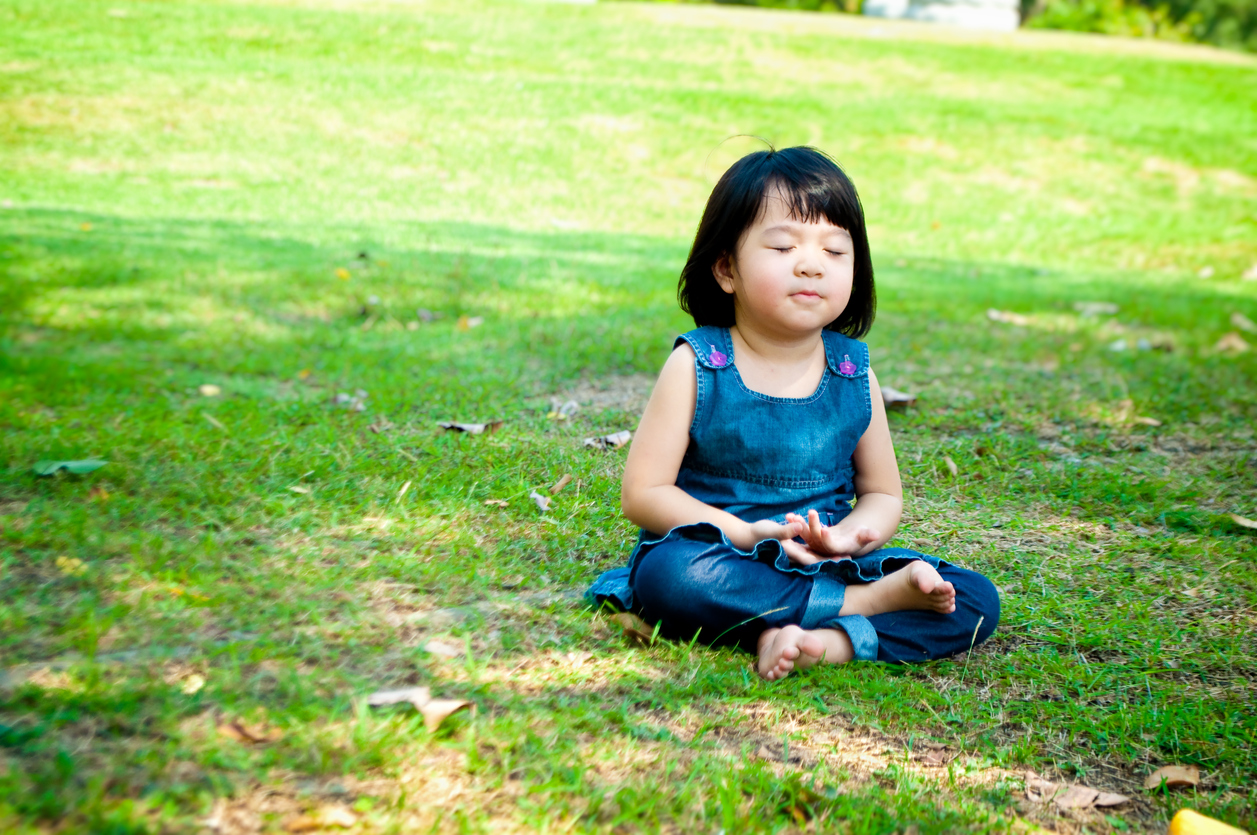
Image source: parentmap.com
Children who are unable to hold onto positive qualities about themselves have the potential to be narcissistic. It can stem from an incredibly low self-esteem but because they cannot self-validate they struggle to receive and voice positive aspects about themselves: in turn they push and seek for compliments to attempt to boost their self-esteem.
Can't tolerate stress

Image source: dailymail.co.uk
Some children who encounter stressful situations panic as they cannot get themselves out of it on their own. These children will often act much younger developmental as a coping mechanism as they don't have the ability to self-soothe and think rationally. A narcissistic child will struggle with stress like this and the more they struggle, the more their behaviour will deteriorate.
Lacking in moral compass

Image source: pexels.com
Children with narcissistic traits are known to lack empathy and the ability to identify right from wrong. Because of this, they don't see any issues with lying, cheating and stealing and will use these to benefit them wherever possible. If caught, a narcissistic child will struggle to see any issues with what they have done and fail to show remorse.
Avoiding eye contact

Image source: reddit.com
As children develop, they learn how to make eye contact that is appropriate. Eye contact can be a great method to boost self-esteem to know that you are being validated and heard. Children with narcissistic traits will avoid eye contact with the fear that their self-esteem will be further damaged by rejection.
Can't take responsibility
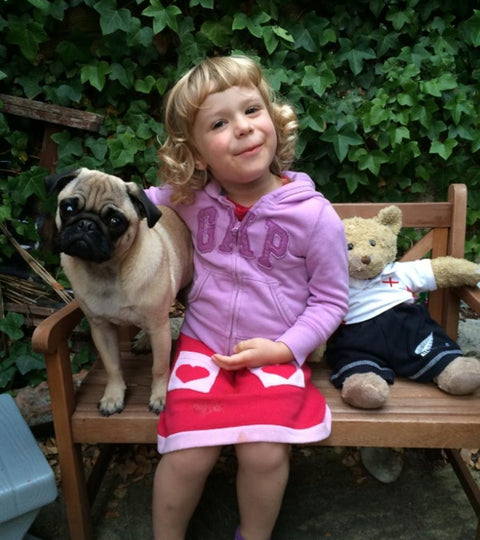
Image source: kidsarounddogs.co.uk
Because narcissistic children believe they are more special than others, you will find that they often struggle to acknowledge when they are wrong because they cannot understand how they could be. In simple terms, they act to get their needs met and if this doesn't go to plan, they struggle to see past that.
Temper tantrums
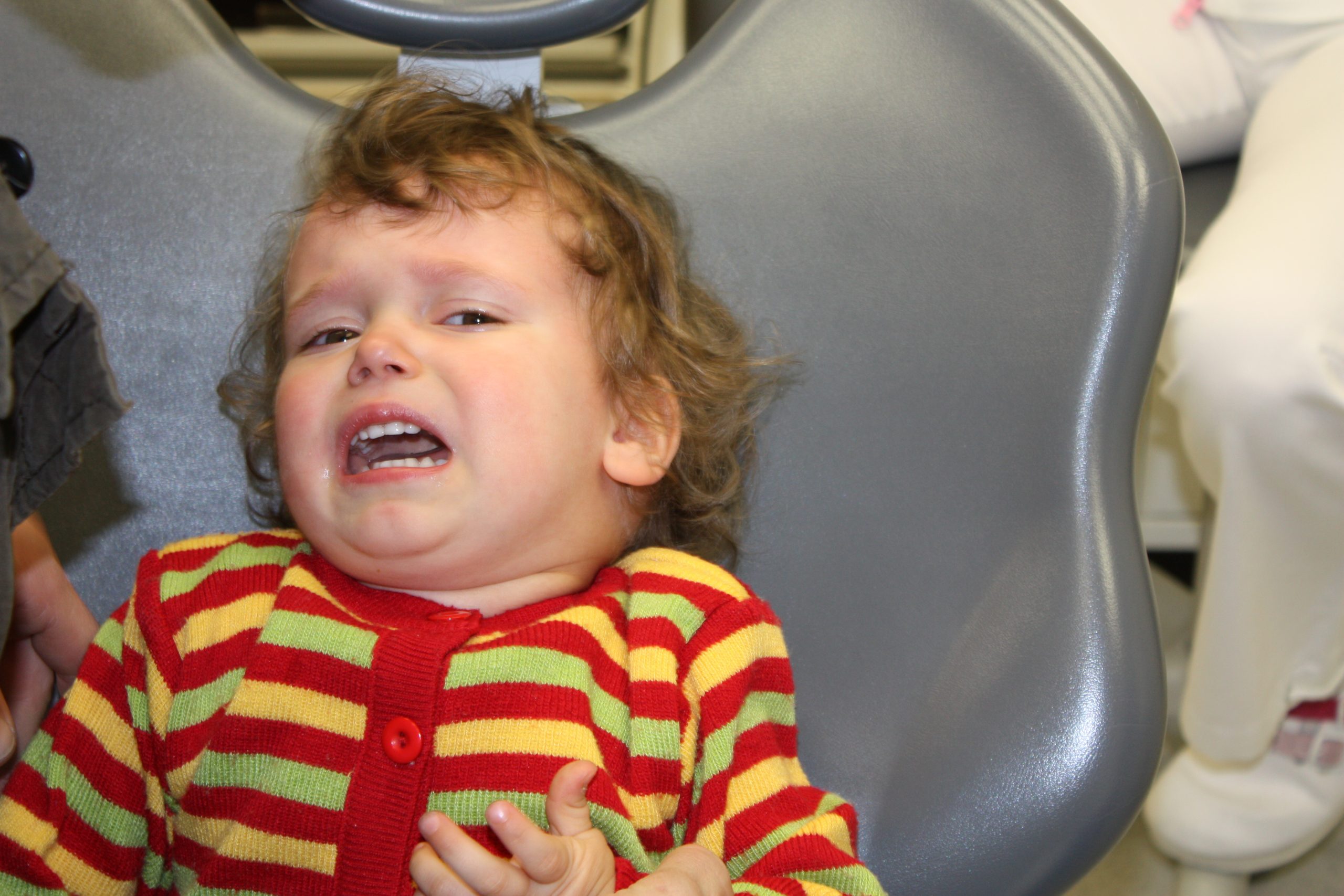
Image source: nechupadam.com
Children who display characteristics of Narcissism also often display temper tantrums and are quick to anger. This is because they are struggling with the conflicting emotions they are feeling and the inability to communicate how they are truly feeling. They feel life can be unfair and struggle to understand why they are in the wrong.
Struggling to empathise

Image source: pinterest.com
Children are constantly learning in social situations and learning how to be empathetic is a skill that takes a lot of practice to acquire. Narcissistic children struggle to think of the needs of others and find it challenging to acknowledge that someone else has needs more important than their own.
Issues with authority

Image source: reddit.com
Narcissistic children believe that all adults are incompetent so when an adult tries to discipline them or enforce rules and structure, they find that challenging. Unless the authoritarian person is making the narcissistic child feel centre of attention, they will fight back and push against the rules.
Perfectionism
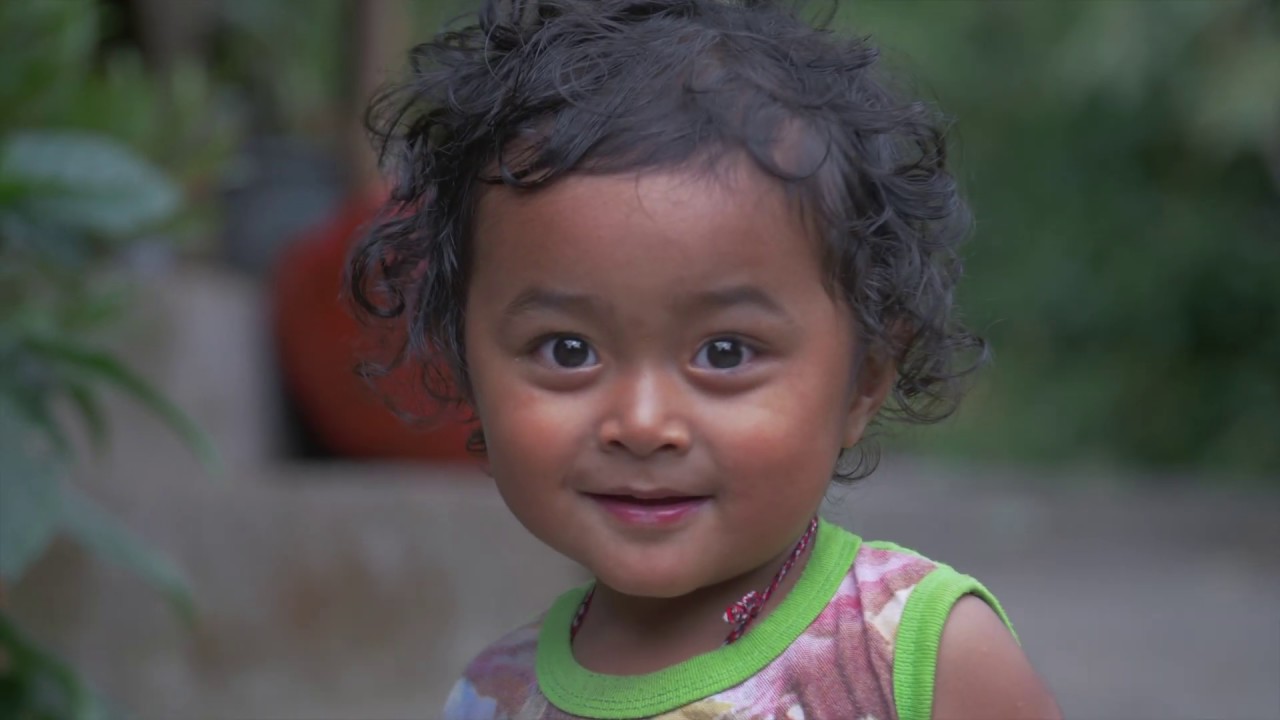
Image source: YouTube.com
Narcissistic children have a tendency to be perfectionists. They like life to be a particular way: a way that suits their needs. If it isn't and cannot be, they will end up in a downward spiral of negative thinking as to why they have failed to obtain the perfection they deep essential.
Feels they are special/ Entitled / Arrogance
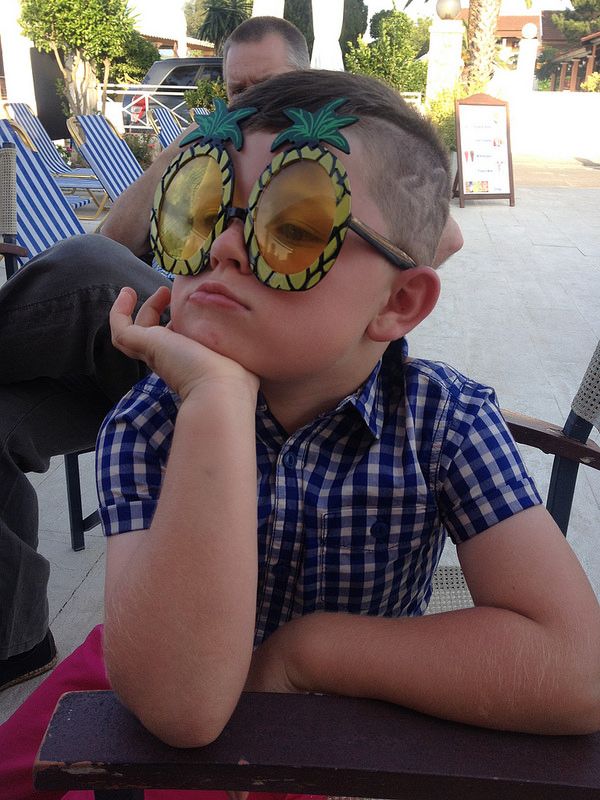
Image source: pinterest.com
Children with potential narcissistic traits will carry themselves with a large sense of arrogance. They truly believe that they are more special than those around them; more intelligent than most adults they encounter; and feel as if they have a sense of entitlement that is simply justified because they are them.
Hidden insecurities

Image source: reddit.com
Narcissism stems from a low self-esteem. Those who display the character traits of narcissism often secretly feel really insecure and mask their feelings by outwardly projecting and being unkind to those around them. Often they cannot handle thinking about their insecurities and prefer to cover them up and pretend they don't exist.
Lack of gratitude
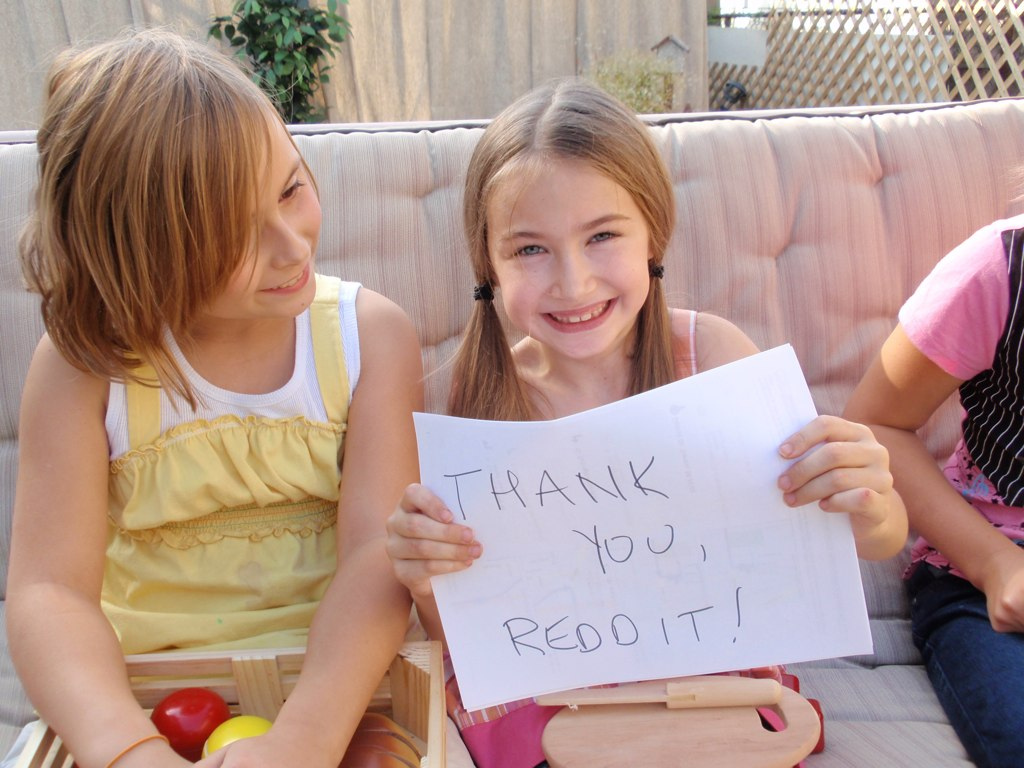
Image source: knowyourmeme.com
Narcissistic children experience gratitude but not like other children. If their needs or demands are met, they might appear elated or happy for a short time but that is not real gratitude. Narcissistic children will truly believe they deserve what they are getting and it is their right so they don't need to be thankful.
Fantasies about unlimited success

Image source: reddit.com
There's having self-confidence and self-belief that you will succeed in life, and then there's being a narcissist. Children should look to the fixture and dream about what could be, however if they are doing so and imaging getting there by throwing other children under the bus, that may be a cause for concern.
Monopolise conversations
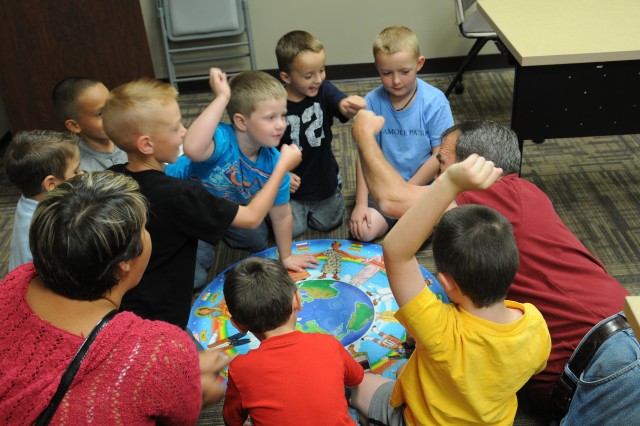
Image source: army.mil
Children who constantly talk about themselves may show signs of narcissistic traits. This is because they don't show an interest in what others are saying so prefer to talk about what does interest them instead. It will also stem from a form of control: if they control the conversation, then they cannot be hurt by the things people may or may not say.
Feeling mistreated when ignored
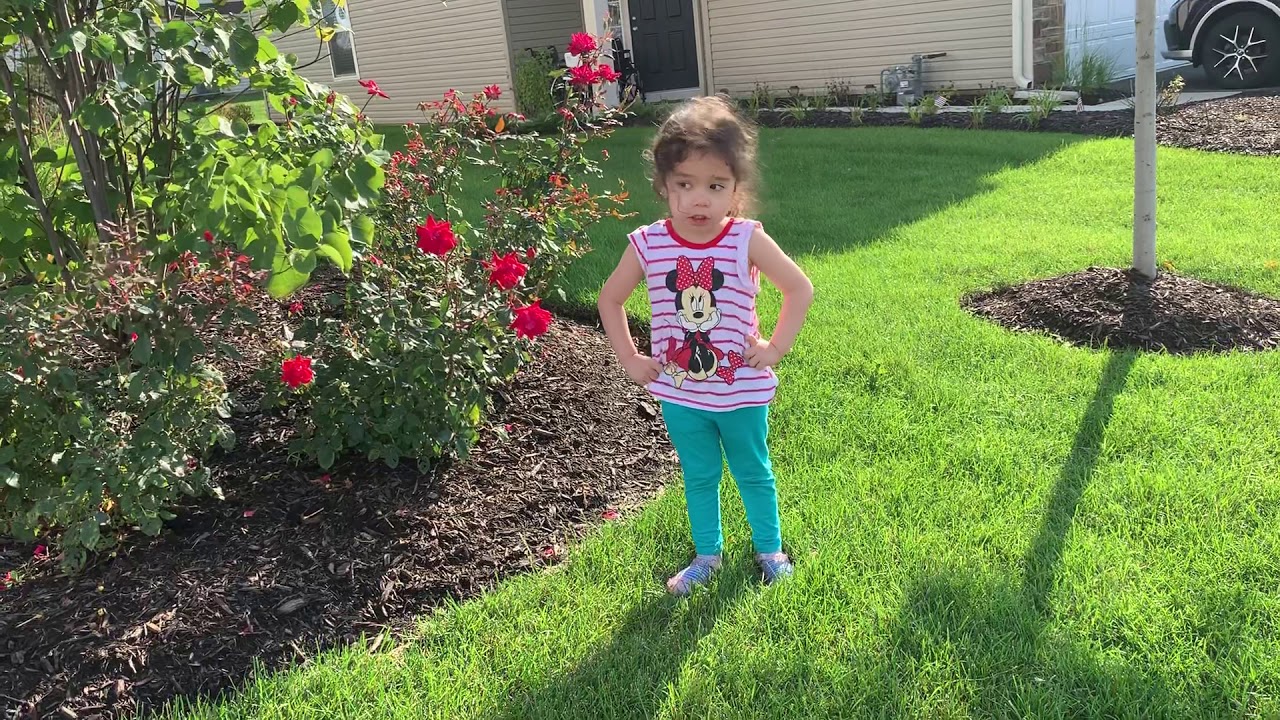
Image source: YouTube.com
As mentioned, narcissistic people need to be seen as the most important person in the room. If they are not made to feel like that, they will feel as if life is unfair and they have been hard done by. This feeling of rejection will make them feel mistreated and devalued - feelings they do not know how to deal with without regressing to that young child-like behaviour.
Relationships are surface level

Image source: sundaypost.com
Children are forming relationships at every stage of their lives. Narcissistic children will find it difficult to form relationships and maintain friendships as they lack in conversational skills and the ability to show interest in others. They won't understand why other children are getting annoyed by their lack of interest either.
Retreat if challenged
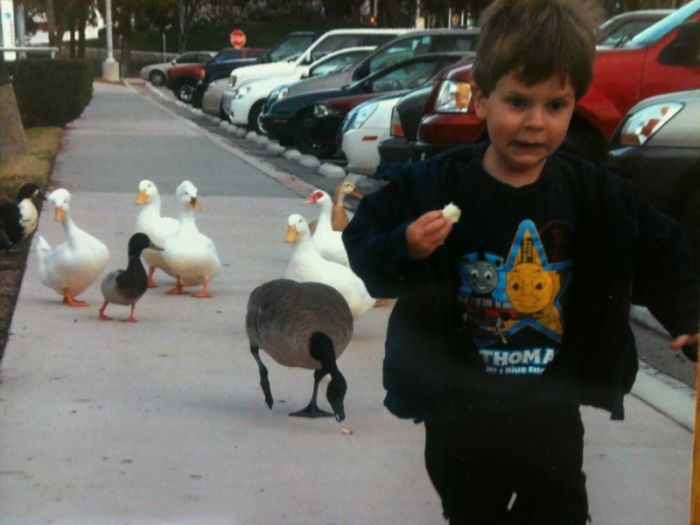
Image source: 1funny.com
Narcissistic children when stressed and feeling challenged have a tendency to withdraw and retreat. If they feel on the spot, vulnerable and open to criticism themselves, it makes them feel uncomfortable. When uncomfortable, they prefer to hide away than tackle the initial stressor head on.
Emptiness or boredom

Image source: playingout.net
A narcissistic child will appear as if they are permanently bored or lacking motivation. Because they are unsatisfied with their current life, they appear to always have the need to seek more - like a grass is greener kind of situation. They struggle to live in reality and appreciate what they have.
Struggles to compromise
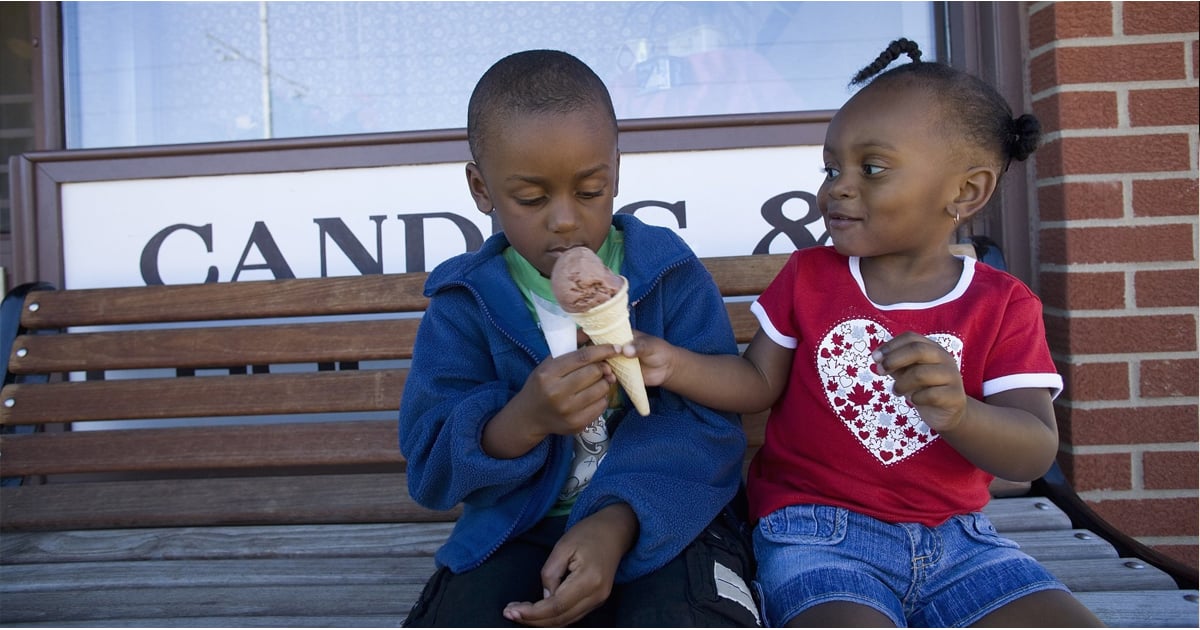
Image source: popsugar.com
Friendships can be challenging and empathy too. It can be normal for children to struggle with these aspects of growing up, especially sharing and compromising as all children go through a phrase where they only think about themselves. The concerns start arising when children cannot begin to understand why compromise is important.
Resents being told what to do
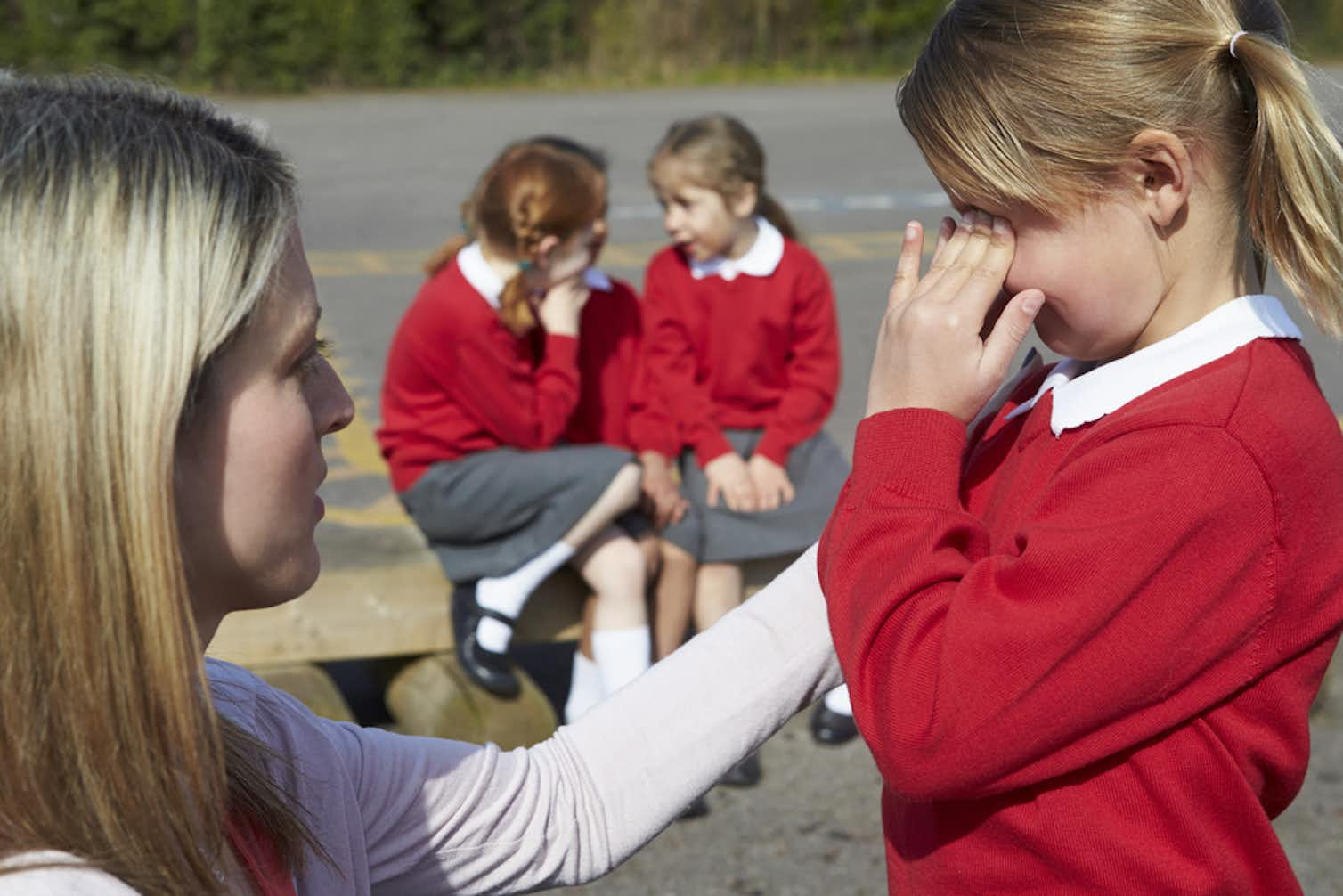
Image source: theconversation.com
Every child goes through the defiant phase, multiple times during their growing up actually, however narcissistic children never grow out of this phase. They continue to push boundaries and push back on authority as they don't believe adults are smart enough to set the rules. This can result in them displaying unwanted behaviours through frustration.
Separation anxiety

Image source: reddit.com
Narcissistic children tend to require a little more help to overcome their separation anxiety. Most children feel extremely attached to their parents and loved ones but tend to grow a little more independent as they grow up, however some children struggle with that and find being away from their parents more troubling.
Unrealistic expectations

Image source: pinterest.com
Because narcissistic children have a heightened sense of entitlement, they often have unrealistic expectations too. They believe life should go a certain way, celebrating them on route and if this doesn't meet their expectations, it can lead them in to a downward spiral of negativity as their reality comes crashing down around them.
Envy / jealousy

Image source: mamamia.com.au
Children who may be displaying narcissistic traits will struggle with jealousy as they don't like the idea of others around them being celebrated or being the centre of attention. This can lead them to say unkind things to the adults they are encountering and about the children they are seeing as gaining the unequal treatment.
Anti-social behaviour
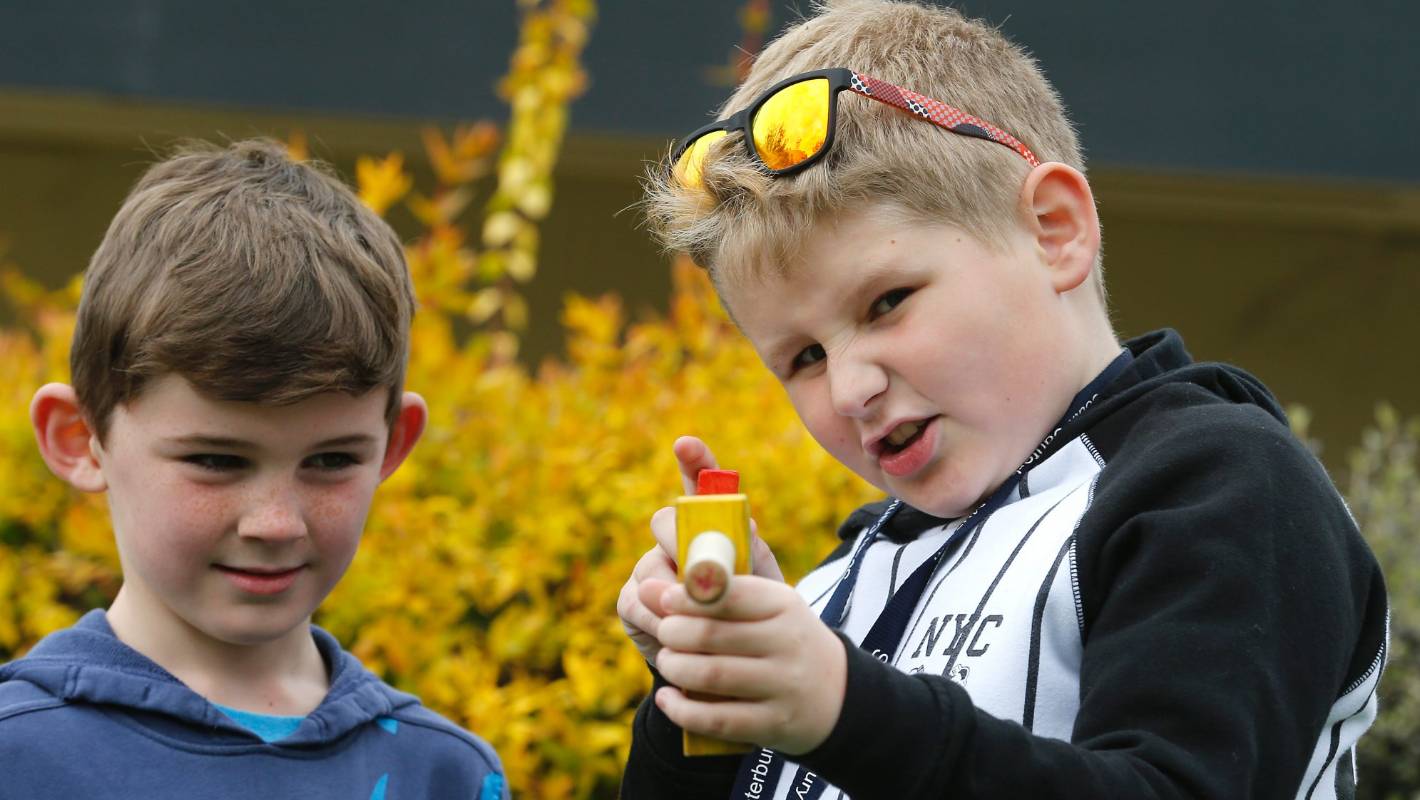
Image source: stuff.co.nz
When a child gets frustrated, it's common for them to struggle to articulate how they are feeling which may result in them displaying unwanted behaviours. With some guidance from parents, children should be able to self-regulate and find alternative ways to communicate. That is except for those who may be narcissistic as they notoriously find it hard to rationalise.





























